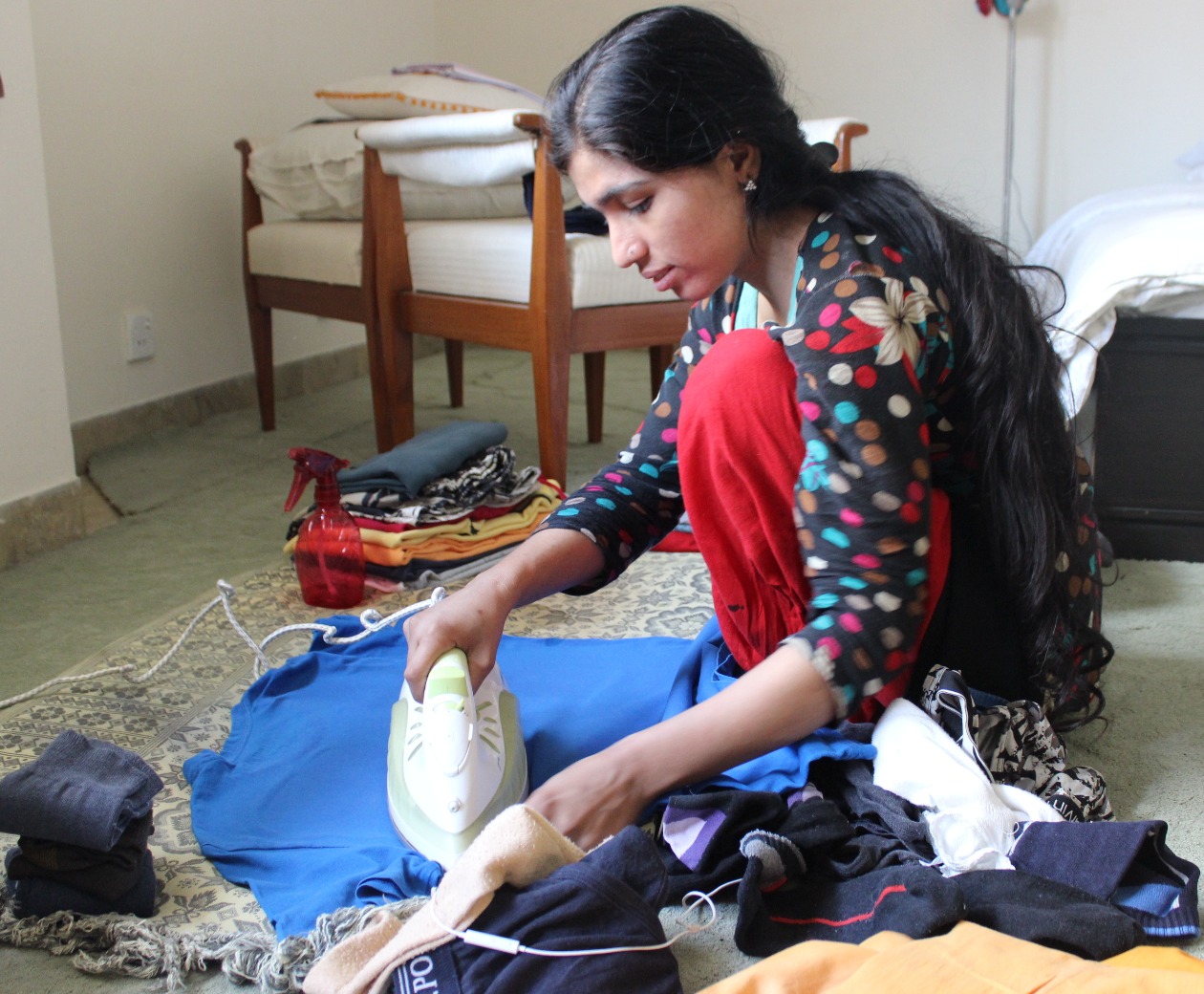COVID-19 has worsened the woes of South Asia’s informal sector
By Maurizio Bussolo, Siddarth Sharma, Hans Timmer Informal employment, which includes temporary workers, day laborers, service, or domestic workers, has long been associated with underdevelopment. Following the same logic, informality is expected to disappear gradually as countries further develop and prosper. Yet, despite decades of sustained high growth, South Asia's informal sector shows little sign of abating—even increasing in some cases. More than 80 percent of all South Asia's workers engage in informal activities, and more than 90 percent of the...

